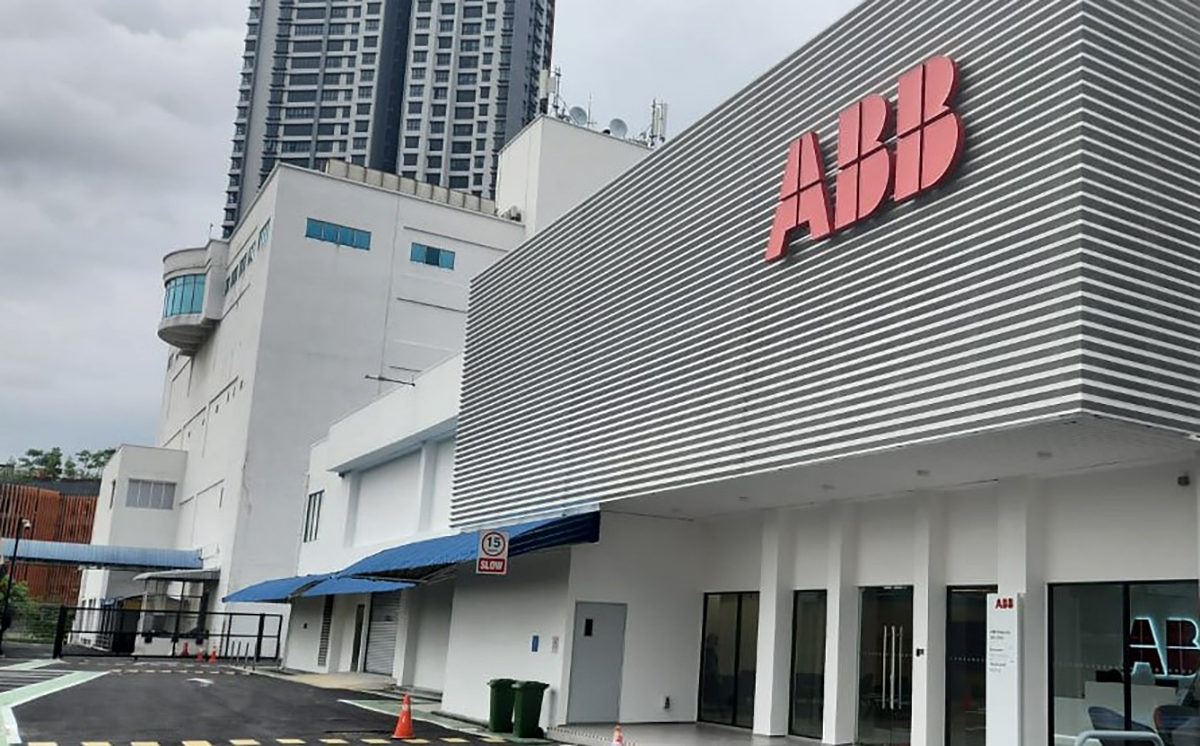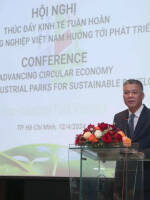
ABB’s Asia president for the energy industries, Anders Maltesen, said the multinational is supporting some key projects in Malaysia, including Batang Ai, the Petronas Liquefied Natural Gas floating liquefied natural gas facility, and Malaysia’s biggest crude oil refinery in Malacca, among others.
“We will continue to explore and nurture partnerships in Malaysia that will help accelerate net zero ambitions,” he told Bernama.
Maltesen noted that while there is a shift towards renewable energy, oil and gas will still be part of the energy mix by 2050, and it is important to continue to leverage existing and emerging technologies to ensure a balanced transition.
“Today, technology enables a progressive energy transition. Therefore, the transition is not an ‘either/or’ scenario but rather an ‘and’ situation – where we aim to minimise carbon emissions per kilowatt-hour from hydrocarbons and ensure that any new additions are net zero,” he said.
Maltesen said that achieving net zero requires significant investments and the question of funding will be critical.
“This is why efforts to facilitate and accelerate the energy transition journey require strong support from both central and state governments, given the evolving nature of technologies and concerns regarding implementation costs.
“This collaborative approach fosters a level-playing field in the renewable energy sector, stimulating competition and expanding job opportunities,” he said.
Maltesen also said that Malaysia is making significant strides toward its goal of achieving net zero emissions by 2050.
“The 12th Malaysia Plan reflects the government’s commitment to this target by announcing a halt to the construction of new coal-fired power plants. The introduction of the National Energy Transition Roadmap underscores Malaysia’s active effort towards this goal, aiming for 70% renewable energy (RE) usage within the next six years,” he said.
As of March last year, Malaysia had already reached a 25% RE capacity level, with projections indicating continued growth, supported by initiatives such as the Green Technology Financing Scheme which facilitates investments in green products.
“Ensuring sufficient green financing is crucial for expanding energy transition and RE development capacities, and Malaysia has implemented the necessary policies to achieve its 70% RE usage target by 2030,” he said.
Maltesen added that in terms of the future of energy, the most sustainable form of energy is the energy conserved.
“Malaysia possesses significant untapped potential in its ongoing energy transition efforts.
“Hence, we anticipate robust public-private partnerships in coming together to tackle challenges while collaborating on opportunities for a greener Malaysia,” he added.
(The Sun)




